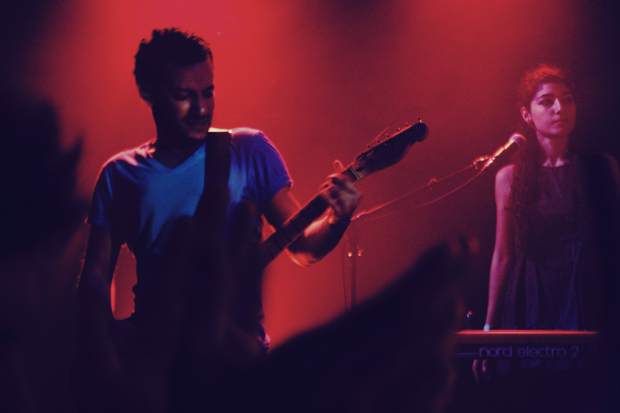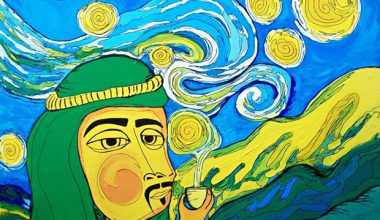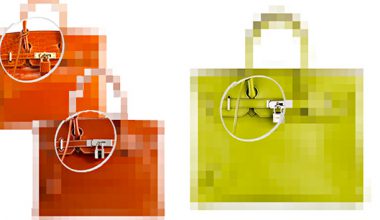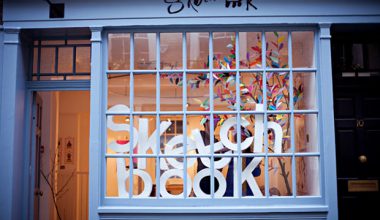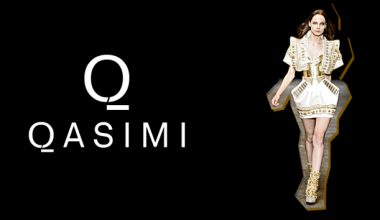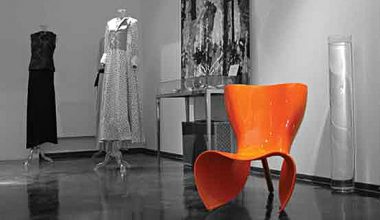You might not realize it, but the rise of, and continued success, of Mashrou’ Leila matters for all of us.
The synergy between the band members, the sound they generate, their DIY spirit, and the songs they nurture, represent a departure from the plastic surgery pop music that audiences have grown accustomed to. This is precisely why the members of Mashrou’ Leila are an inspiration to independent musicians and represent the future of music in the Middle East.
For now, they effectively exist outside our music industry (as one of the very few successful Middle Eastern alternative/indie rock bands who sing Arabic lyrics) and thus draw heavily on the excitement and power of their fan base.
I initially started communicating with Hamed Sinno, Mashrou’ Leila’s lead singer, in what we now refer to as ‘the Myspace days’. It was 2006 and I had been corresponding with various Lebanese artists and designers in the hopes that I would meet them next time I visited Beirut.
My chat with Sinno revealed the nature of his character: down to earth, casual, practical, skeptical, driven by curiosity and the need to experiment. It is more than apparent how he exudes pride in his band’s accomplishments. One can't help but get a glimpse of the intimacy that binds them as a band and what drives the singer himself creatively.
Talk to us about how you got started in music.
Once, as a child at my grandmother’s house in Amman, my parents showed me footage of a Tina Turner concert. My father went on to say “Look at the way she dances; she’s so sexy.” I did not at the time know what the word meant. And that’s how I learned this new word. Music has always been there in my life. It’s how I learned to form and express myself. But I never really “got started,” I’ve just always been a fanatic. I used to sing all the time (which annoyed the rest of my family because I never shut up). I kept at it through a couple of choirs in high school, a few cover bands and a lot of embarrassing karaoke nights. Then Mashrou’ Leila happened in college and we all sort of just gradually became full-time musicians.
How would you describe the emotional dynamics you’re attracted to or like to write about?
I very rarely write about positive things. When I do, I tend to find the writing dishonest. I’ve always been somewhat melancholic, and that comes out in the writing. Even when we play upbeat or happy songs, the lyrics tend to tamper with darker subjects. It’s very fluid and I don’t write any particular time since I’m always looking for ideas. I write a lot of one-liners before I write an entire song. Sometimes I’ll feel like writing a text and it’ll be more like poetry, or prose, or a jingle. Other times I’ll be in the room with the band and we’ll start writing the music and I’ll end up writing, connecting the live situation with other writing I’ve been working on.

Tell me about your chemistry with the other band members.
We’re all very different people. All the tension we have is productive and respectful. We rarely hang out together, even though the circles we run in are often connected in one way or another. We see each other to play music together and compose. The intensity of sharing a performance with someone outweighs any other social interaction I’ve had, so we share something under the skin.
It’s hard to explain these things because we’ve been together for 5 years at this point. Through college, jobs, girlfriends, boyfriends, personal drama, etc… And through all that, the band has been the only constant apart from family. We’ve lived in each other’s lives, so it’s sort of like family. You know when you have a huge fight with a family member, but they’re still family so you’re always aware that the hate is transient? It’s like that. Even when there’s tension, we still have something bigger than us. Otherwise, we get along very well. We make each other laugh, and we make each other think.
What’s your impression of the creative scene in Lebanon? Is there much collaboration going on?
Collaborations are inevitable. Musicians are always going to need filmmakers to direct their music videos. Filmmakers need musicians to score their movies. There’s some collaboration within our music scene in Lebanon, but not a lot. It’s definitely not common. It’s rare, since there’s generally some antagonism in Beirut. It’s a dog-eat-dog world and people will screw with each other.
Other problems in Lebanon include that we don’t have a lot of institutions dealing with art. We don’t have great higher learning options for musicians, so the infrastructure isn’t really there. You meet people that are incredibly intelligent and have impeccable amounts of raw talent. They sort of just don’t know where to go with it. There’s not much diversity in the available production houses and the equipment and resources are limited. There isn’t a lot of funding in music, and that makes it very difficult to survive, so it constrains who is able to make art.

What types of responses have you gotten on the last album?
We get a lot of diverse responses. When people choose to only respond to the lyrics, we start thinking that maybe they see the music as just a backdrop to the texts, which it is not. It’s also very rare to come across people who are willing to take us out of context and listen to us as a band, not as an Arab band. Because of that, we get criticism from some of the Nationalists and Pan-Arabists who are trying to see an ideology through our music instead of listening to the actual music. Like if it’s not a dabka, it’s not Arabic music!
You get similar feedback from some Westerners, where they think the music is important because it’s Lebanese or because of your sexuality. There’s a lot of self-defeating pseudo-activism in journalism. They’re just isolating aspects and forcing the music to be about that. It’s all valid, but it’s not easy to learn from. Not much is going to happen until people start pulling at the music and the words. The first time this happened was at Paleo Music Festival in Switzerland. It was amazing 'cause we read this review on their blog and it was about the actual music on a technical level; it was a proper formalist analysis of our work!
To listen to music by Mashrou' Leila and to find out about their upcoming events visit www.mashrou3leila.com
– Plus Aziz
Images courtesy of Hamed Sinno
A version of this article was first published in Khaleejesque's Oct/Nov/Dec 2012 Issue "The People Issue". To view the entire issue visit www.magcloud.com/browse/issue/454420


